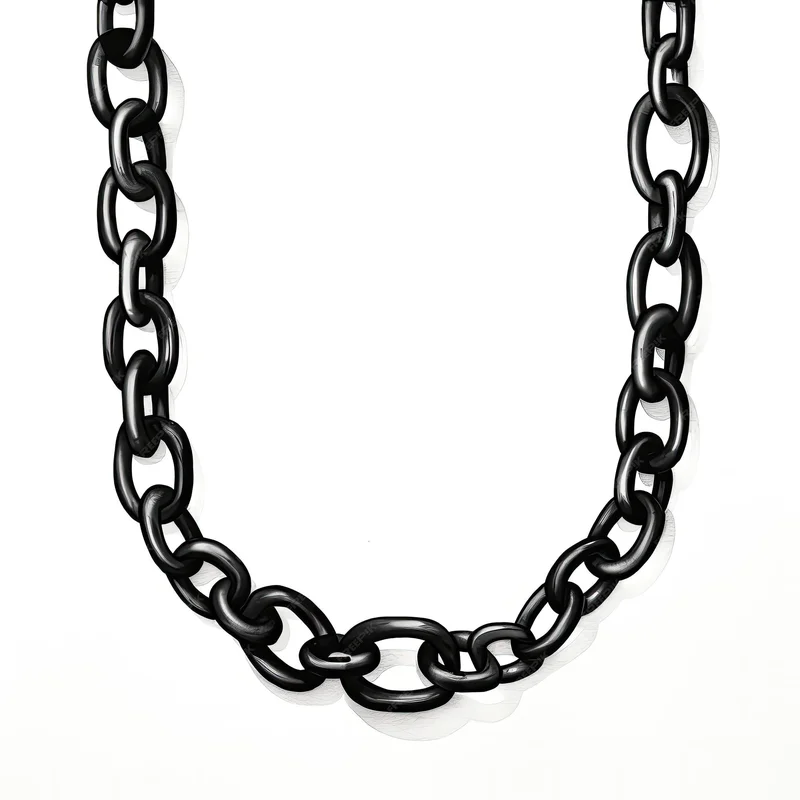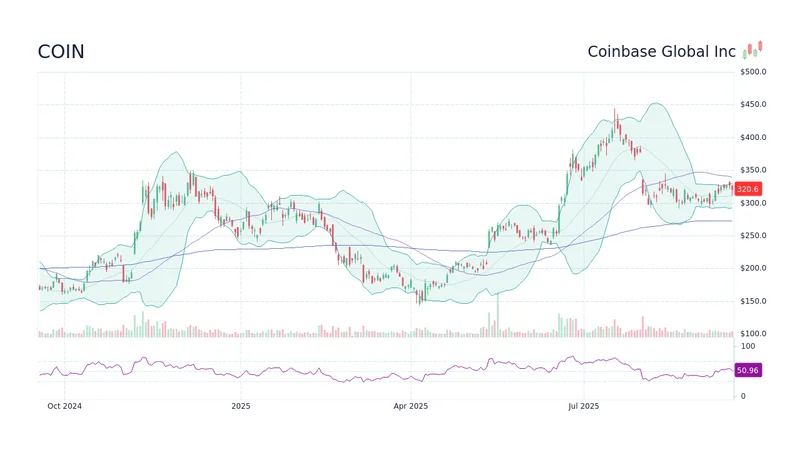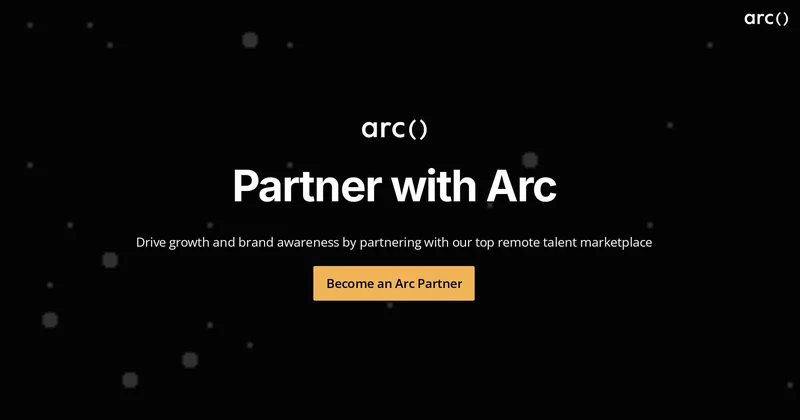Monero's Privacy Push: Price Surge vs. Bitcoin and Zcash – What Reddit is Saying
The Privacy Coin Pump: An Anomaly or the New Normal?
Monero (XMR) is up 15% today, hitting $418. Zcash (ZEC) has pulled a 14x since late September, leaving Monero in the dust. Dash and Decred are also seeing green. Are we witnessing a genuine shift in crypto sentiment, or just another flash in the pan fueled by regulatory anxieties? Let's dig into the numbers, because the headlines rarely tell the full story.
Regulatory Winds and Retail Fantasies
The narrative is simple: tightening regulations on Bitcoin are driving investors toward privacy coins. Come 2026, exchanges will be forced to report wallet ownership to tax authorities. Investors are supposedly spooked, and privacy is the new black.
Naval Ravikant's tweet – "Bitcoin protects you from governments. Zcash protects you from Bitcoin" – captures the sentiment perfectly. It's a soundbite, not an analysis. Mert Mumtaz is calling for Zcash to hit $1,000. Peter Chung chalks it up to retail interest.
But is this narrative actually supported by the data, or is it a convenient story slapped on top of market movements?
Let's start with Zcash. A 700% surge in less than three months is eye-watering. But context matters. Zcash, for a long time, was trading at rock-bottom prices. A move from $40 to $581, while impressive, is also a testament to how oversold it was to begin with. Was the market really that excited about privacy, or was it correcting a previous undervaluation?
And consider the timing. Zcash had a halving event in November, reducing the new supply. Basic economics: decreased supply, increased demand, higher price. The NEAR bridge, moving $100 million in eight weeks, also adds to the appeal. So, it’s not just privacy, it’s a confluence of factors.
Monero's rise, while significant (up 54% since August), is less dramatic than Zcash’s. Monero has always been the "original" privacy coin, taking a stricter, more uncompromising approach. This very approach has led to delistings and regulatory scrutiny. All Monero transactions are private by default. No transparency options. Is this a feature or a bug? Depends on who you ask.
Zcash, on the other hand, uses zero-knowledge proofs, allowing for verification without revealing the details. Recent upgrades have made it more efficient. The Zashi wallet automates privacy features. About 20% of all ZEC is now held in shielded pools. This is progress, but is it enough to justify the hype?
Here's where I start to get skeptical. (I've looked at hundreds of these market reports, and the narratives are often more compelling than the actual numbers.)
The Shielded Pool Paradox
CoinDesk Research says roughly a third of Zcash transactions now touch the private layer. One-quarter of ZEC’s circulating supply sits in shielded addresses. That's something, but it's far from a complete embrace of privacy. If everyone was genuinely terrified of government overreach, wouldn't those numbers be closer to 100%?

This raises a critical question: is the price surge driven by actual demand for privacy, or by speculation that other people will demand privacy? Are investors buying Zcash because they need anonymous transactions, or because they think other people will, driving the price up?
It’s a subtle distinction, but it’s important. If the price is based on genuine utility, it's more sustainable. If it's based on speculation, it's a house of cards.
And let's not forget the regulatory angle. Tornado Cash co-founder Roman Storm was found guilty. Alexey Pertsev is serving a five-year sentence. But the U.S. Treasury removed Tornado Cash from its sanctions list. What's the real regulatory risk here? Is it as high as the market seems to believe?
The market is acting like privacy is a guaranteed winning strategy, but the data is mixed. Zcash is more efficient, but Monero is stricter. Zcash has a growing shielded pool, but it's still a minority of transactions. Regulations are tightening, but also loosening.
It's like watching a poker game where everyone is bluffing, and no one knows what anyone else is holding.
What I find genuinely puzzling is the divergence between Zcash and Monero. Why is Zcash outperforming Monero so significantly? Is it the upgrades? The halving? The NEAR bridge? Or is it simply that Zcash is perceived as "less risky" than Monero, even though Monero offers stronger privacy guarantees? Privacy Money Is Rotating From Zcash to Monero – Next 100x Crypto? - 99Bitcoins
I suspect it's a combination of factors, but the "less risky" perception is crucial. Investors may say they want privacy, but they also want to sleep at night. Monero's uncompromising stance makes it a regulatory target. Zcash, with its optional privacy features, is seen as more palatable to regulators.
This is the crux of the issue. The market isn't necessarily rewarding pure privacy. It's rewarding perceived safety.
Regulatory Risk vs. Reality
The surge in privacy coins isn't a straightforward flight to anonymity. It's a complex dance between regulatory fears, technological advancements, and good old-fashioned speculation. The market is betting that privacy is valuable, but it's also hedging its bets, favoring projects that appear to be playing nice with the authorities. The 14x increase in Zcash is a remarkable event. But before declaring a new paradigm, let's remember that narratives often outpace reality.
The Market's Playing Itself
The privacy coin pump is a fascinating case study in market psychology, revealing more about investor perceptions of risk than any genuine embrace of privacy.
Related Articles
San Diego: The Latest News vs. What's Really Going On
San Diego's Restaurant 'Blood Bath' Isn't Just Bad Luck. It's a Warning Sign. So another "bleak week...
ChainOpera AI's Explosive Growth: The Secret Behind Its Success and What It Means for the Future
The Price of COAI Isn't the Story. The Revolution Is. Let’s be honest. You’re probably here because...
Aster Crypto: What It Is and a Clear-Eyed Price Analysis
An online search for "Aster" yields a peculiar mix of results. You find pages for the common fall as...
Dogecoin's 50% Flash Crash: What Happened and Why It Was Inevitable
So, the funny dog money took a 50% haircut last week. Let’s all take a moment to clutch our pearls a...
Coinbase Stock's Sudden Rally: What's Behind the Jump and Why You Shouldn't Buy the Hype
Let’s get one thing straight. The war is over. Coinbase won. For years, we watched the SEC, led by i...
Arcblock's 2000% Volume Surge: A Sober Look at the Trump Catalyst and Price Action
Generated Title: Arcblock's Volatility: Is It a Master of Adaptation or a Project Without a Core? It...





